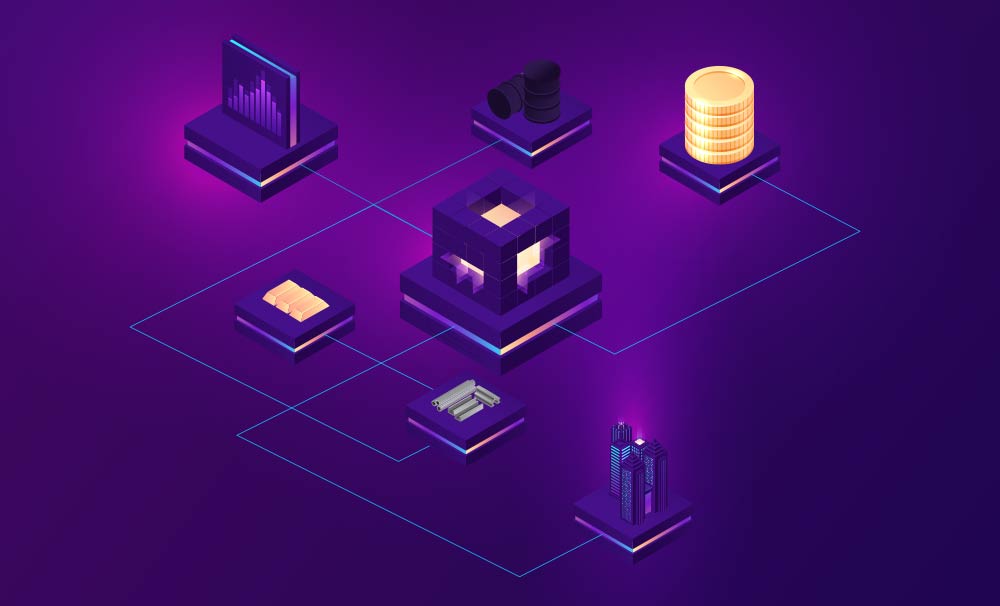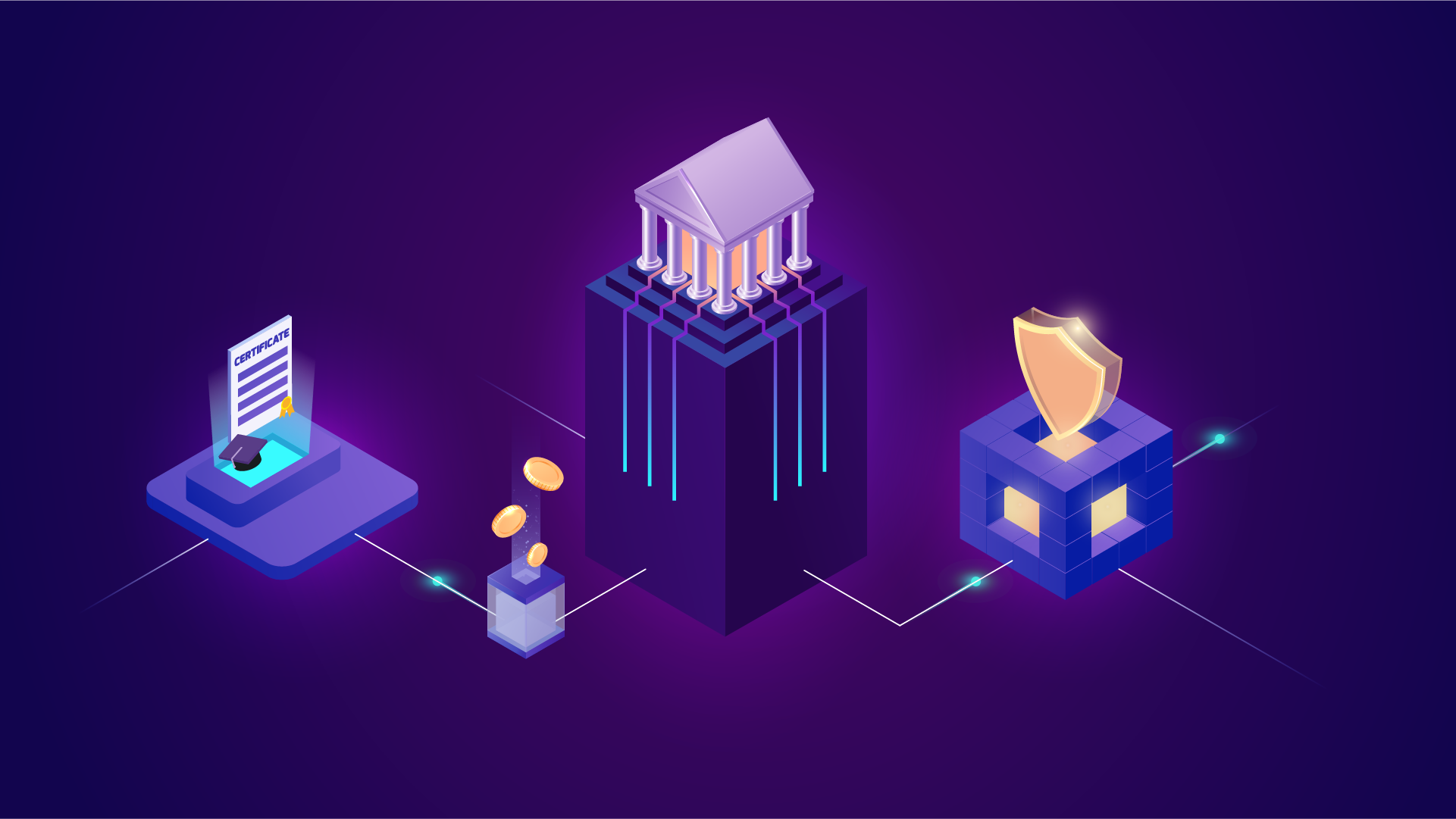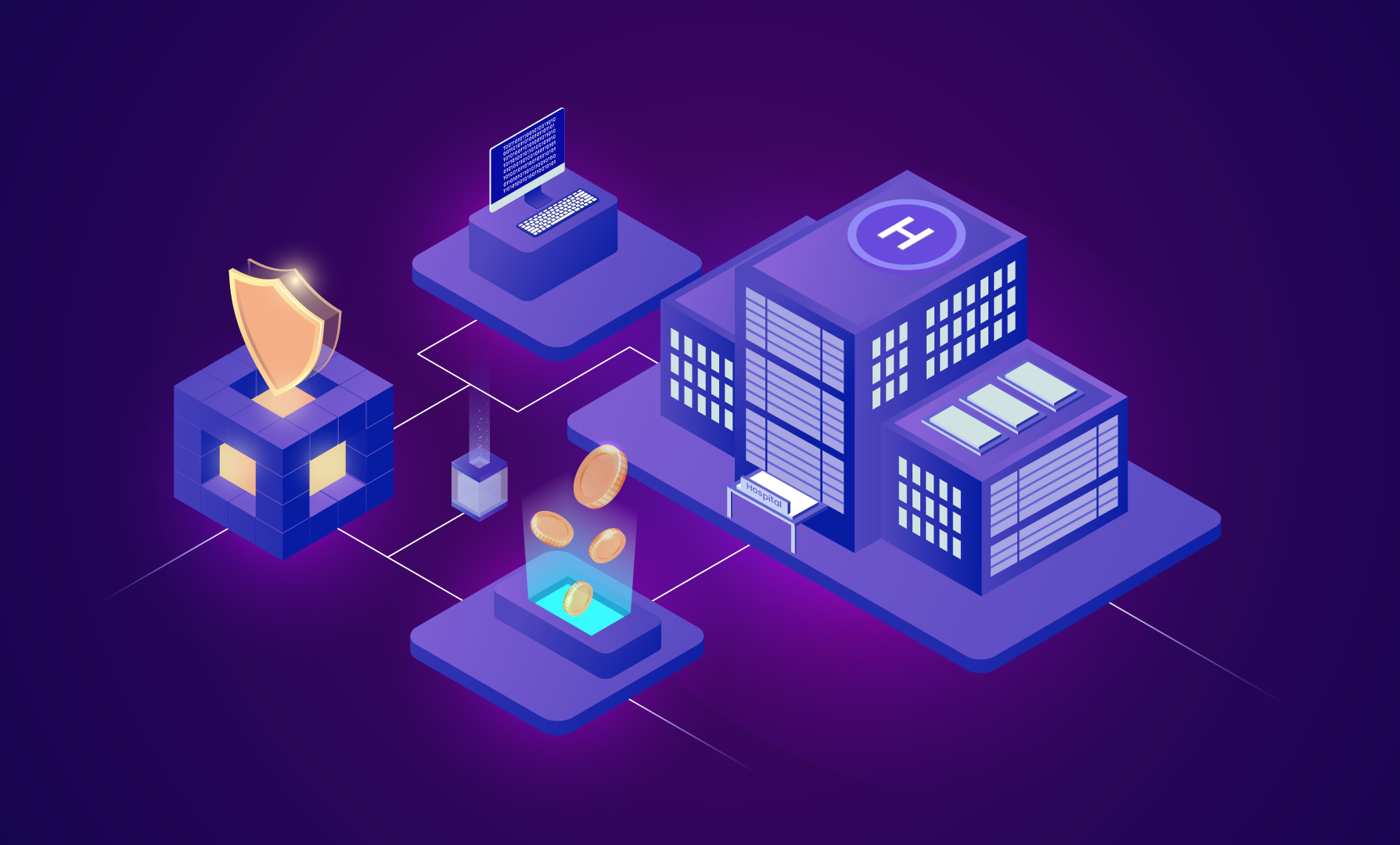For generations, humanity has engaged in the timeless practice of trading commodities, from silks and spices to precious metals and energy resources. This age-old cornerstone of the financial world is now experiencing a rapid transformation. The emergence of commodities tokenization is reshaping this most traditional sector of trading and investment, propelling it into a new era defined by digital innovations and decentralization. In this article, we’ll delve into the world of commodities tokenization, exploring its profound impact on an age-old industry.
Commodities Tokenization: An Overview
Commodities have long been a cornerstone of investment, covering a wide spectrum of assets, including precious metals like gold and silver, agricultural products such as wheat and coffee, and energy resources like oil and natural gas. Traditionally, investing in these commodities involved physical ownership, futures contracts, or shares in commodity-related companies. However, blockchain and commodities tokenization are changing the game.
Commodities tokenization is the process of representing ownership of physical commodities through blockchain technology. Each commodity, whether it’s a kilogram of gold or a barrel of oil, is divided into digital tokens. These tokens are then made available for investment on blockchain-based platforms.
How Does Commodities Tokenization Work?
The process of commodities tokenization involves several key steps:
- Asset Selection: The first step is selecting the physical commodity to be tokenized. This could be anything from agricultural products to energy resources. If you want to learn more about energy tokenization, specifically focusing on the renewable energy aspect, read our recent article about the Energy Tokenization and its impact on the whole industry.
- Tokenization: Each unit of the selected commodity is converted into digital tokens, with each token representing a fraction of the physical asset’s value. It’s important to find the right blockchain solution for commodities tokenization and there are multiple solutions on the market, that are tailor-made for this use case, e.g. Ethereum, eCredits or Polygon
- Smart Contracts: Smart contracts on the blockchain govern the issuance, transfer, and ownership of these tokens. These contracts ensure transparency and security throughout the tokenization process.
- Trading Platforms: Tokenized commodities are then made available for trading on blockchain-based platforms. Investors can buy, sell, and trade these tokens just like any other digital asset.
- Custodianship: The physical commodities backing the tokens are stored securely by custodians. This ensures that the tokens maintain their value and can be redeemed for the physical asset at any time.
Benefits and Challenges of Tokenizing Commodities
In addition to the common advantages offered by blockchain technology and tokenization, including transparency, security, and global accessibility, the tokenization of commodities brings increased liquidity to the market. Tokenized commodities can be traded globally around the clock, resulting in reduced trading costs. Furthermore, it enhances market accessibility for a broader spectrum of individuals who were previously excluded from active market participation.
While tokenizing commodities holds great promise, there are still certain challenges to overcome. Regulatory issues, custody concerns, and market acceptance are some of the hurdles that the industry must address. Investors should conduct thorough research and due diligence before venturing into commodities tokenization to ensure they understand the risks and benefits involved.
Here is where web 3 service providers like Cryptix and trusted tokenization platforms like tokenlaunchpad.eu can be of a huge assistance. Experts at Cryptix Tokenization have years of experience in turning a wide range of asset classes into tokens and other digital assets that meet the highest industry standard of security, efficiency and compliance.
Commodities tokenization is reshaping the investment landscape, offering new opportunities for both seasoned and novice investors. This innovative approach provides fractional ownership, increased accessibility, and improved liquidity for traditional commodities, all while maintaining transparency and security through blockchain technology. As the DeFi world continues to evolve, commodities tokenization is a powerful trend that’s here to stay, promising a more inclusive and efficient investment environment for all.



